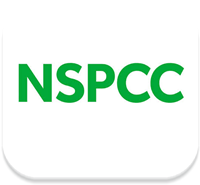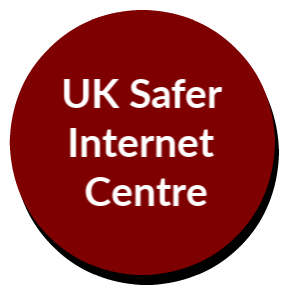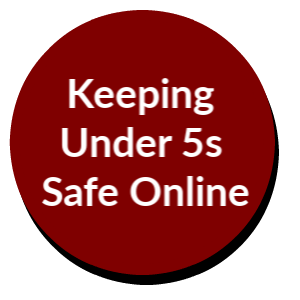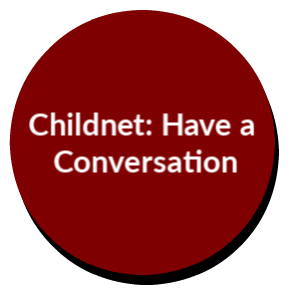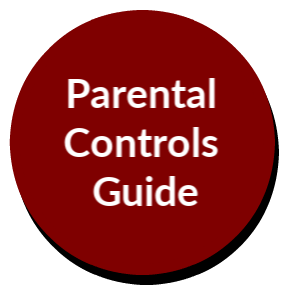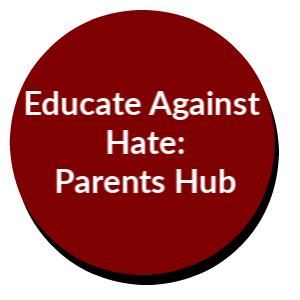Safeguarding and Digital Safeguarding
“Leaders make sure sure that safeguarding is a high priority.”
Bantock Primary Safeguarding Team
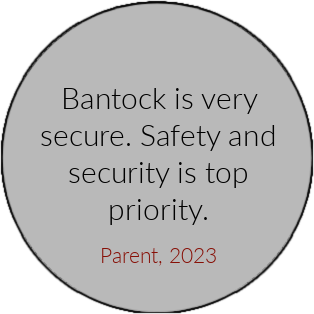
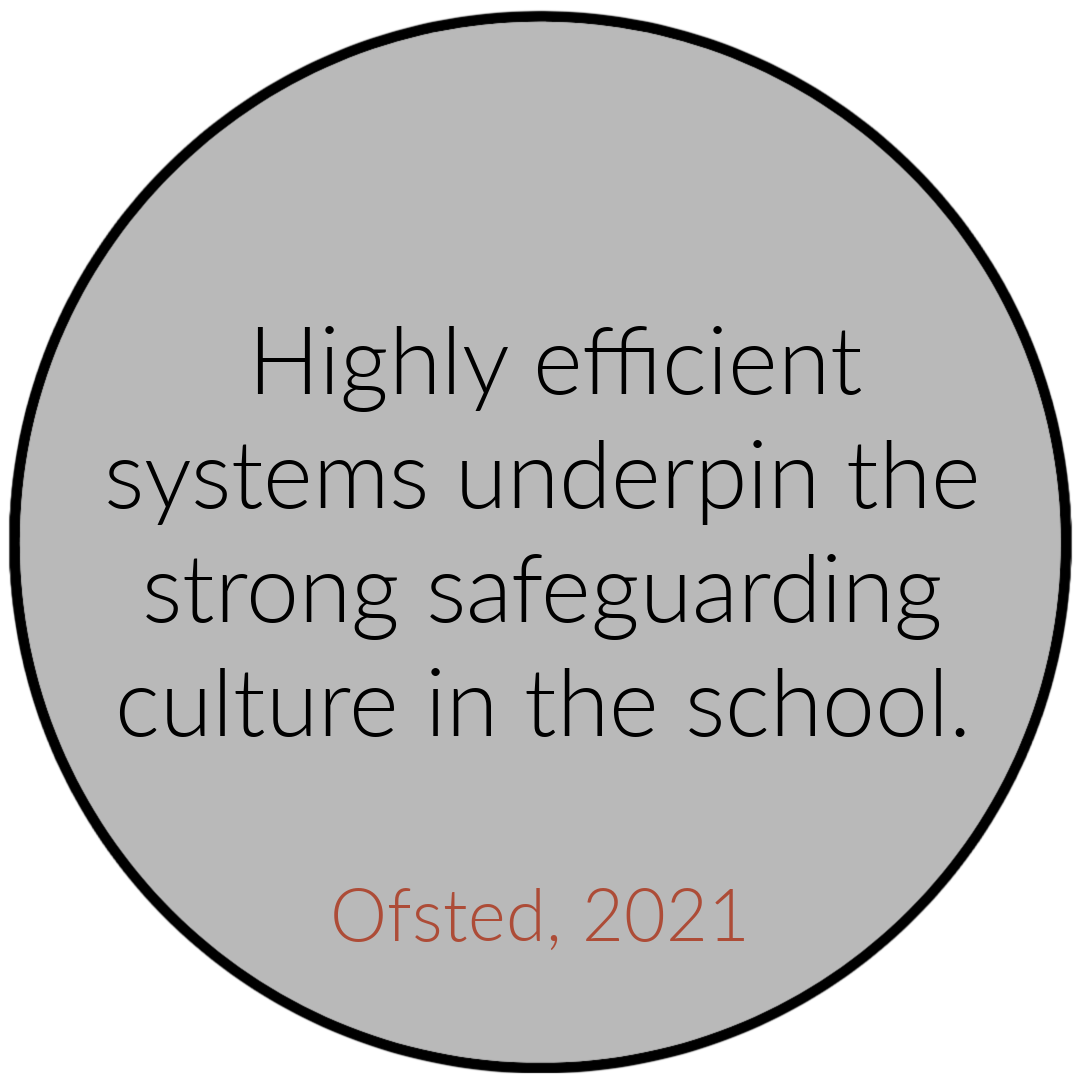
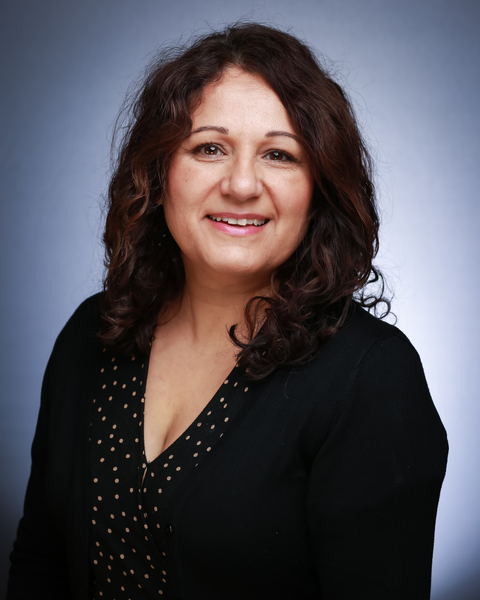
Mrs H Sarai
Designated Safeguarding Lead

Mr J Thomas
Designated Safeguarding Lead

Mrs R McEntee
Deputy Safeguarding Lead

Mr D Fullard
Deputy Safeguarding and Digital Safeguarding Lead
Statement of Intent – Duty of Care
Bantock Primary school recognises it has a legal duty of care of all staff and takes seriously its responsibilities to protect and safeguard the interests of all children. Our school is concerned about the welfare and safety of its pupils and works to create a culture of security to enable them to feel valued, listened to and to know that their wishes and feelings are respected. Pupils have a fundamental right to be protected from harm. School should provide a caring, positive, safe and stimulating environment which promotes the social, physical, emotional and moral development of each pupil.
Child Protection has to be considered within “professionals’’ wider “safeguarding” responsibilities’ that include a duty to co-operate under the Children Act 2004. ‘Working Together’ requires all schools to follow the procedures for protecting children from abuse and providing a co-ordinated offer of early help when additional needs of children are identified and contributing to inter-agency plans to provide additional support to children subject to child protection plans. Protection is a shared community responsibility.
Principles
A child’s welfare is paramount. Our policy applies to all our school community, namely pupils, staff, governors and volunteers. These are the main elements to our policy:
- Ensuring that we practise safe recruitment in checking the suitability of all staff and volunteers to work with our pupils and prevent unsuitable people working with children and young people
- Raising pupil awareness of child protection issues and equipping pupils with the skills to keep them safe
- Developing, and then implementing, systematic procedures for identifying, monitoring and reporting cases, of suspected cases, of abuse, and training staff to use these procedures effectively by knowing their responsibilities in identifying and reporting cases of abuse
- Supporting vulnerable pupils and those in difficult circumstances, as well as supporting those pupils who have been abused in accordance with their agreed protection plan
- Establishing a safe environment in which children can learn and thrive.
- Each child is unique; Action taken by child welfare organisations should be child-centred taking account of a child’s cultural, ethnic and religious background, their gender, their sexual orientation, their individual ability and special needs.
- Adults who work with children are responsible for their own actions and behaviour and should avoid any conduct which would lead any reasonable person to question their motivation and intentions.
Safeguarding and Child Protection Policy
Digital Safeguarding Policy
Keeping Children Safe In Education
Seen something inappropriate online?
Parent Guide to Online Sexual Abuse
Working Together to Safeguard Children
Information Sharing Advice - July 2018
Useful eSafety Websites for Parents and Carers
Acceptable Use Policy for Parents
Keeping Young Children Safe Online
If you have any concerns about a child you believe to be at risk of significant harm, you can call Wolverhampton Multi Agency Safeguarding Hub (MASH) on 01902 555392 or 01902 552999 out of hours.
Digital Safeguarding
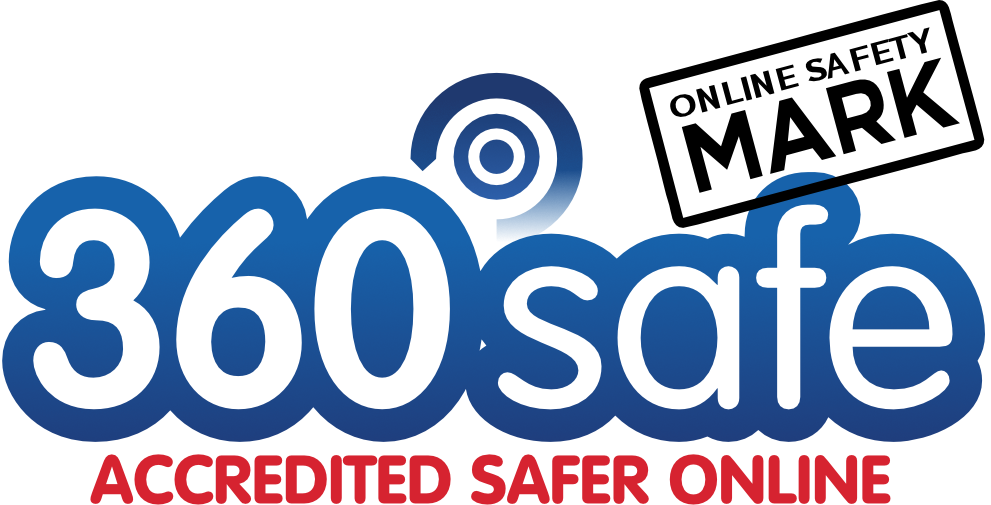
Bantock Primary School have achieved 360 Safe Online Safety Mark as we have met the requirements to show that we demonstrate commitment and good practice in our Online Safety policy and procedures in order to keep families safe online.
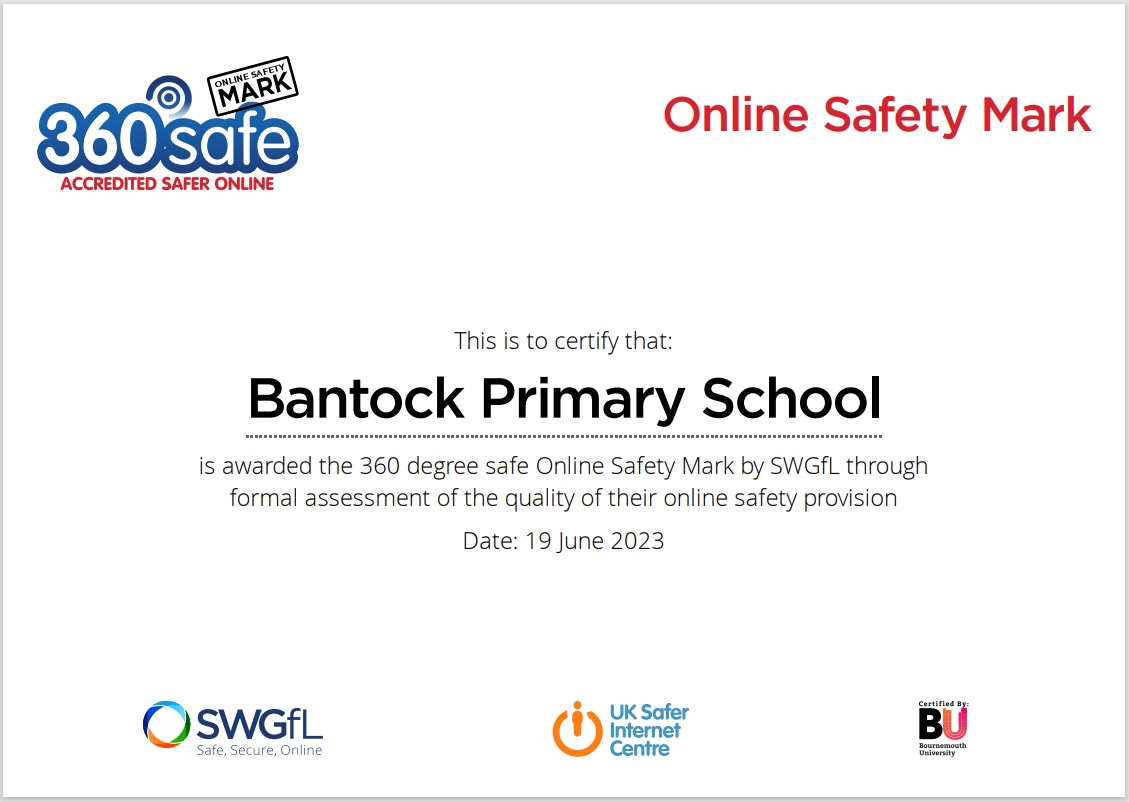
Bantock Primary School recognises that online safety is an essential part of safeguarding and acknowledges its duty to ensure that all learners and staff are protected from potential harm online (this refers to Article 19 of Unicef Rights Respecting of the Child act). In order to achieve this, Bantock Primary School;
- Safeguards and promotes the welfare of all members of Bantock Primary School community online
- Identifies and implements approaches to educate and raise awareness of online safety throughout our community.
- Enables all staff to work safely and responsibly, to role model positive behaviour online and to manage professional standards and practice when using technology.
- Identifies clear procedures to follow when responding to online safety concerns.
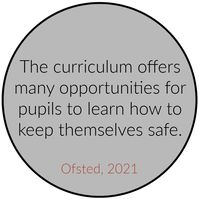
Bantock Primary School identifies that the issues classified within online safety are considerable but can be broadly categorised into three areas of risk.
- Content: being exposed to illegal, inappropriate or harmful material.
- Contact: being subjected to harmful online interaction with other users
- Conduct: personal online behaviour that increases the likelihood of, or causes, harm.
Bantock teaches the ‘Education for a Connected World’ and DfE’s ‘Teaching Online Safety in Schools’ principles through discreet Computing sessions, within the Jigsaw Personal Development and Relationships curriculum as well as throughout the wider curriculum ad-hoc. It is regularly revisited during the year through assemblies, including Safer Internet Day and this ensures that information and guidance is kept up to date.
The Curriculum recognises the importance of internet and devices for learning and everyday life and so enables pupils to understand risks and help manage their online behaviours so that they have ownership over the technology that they use. You can find the Bantock Digital Safeguarding offer here.
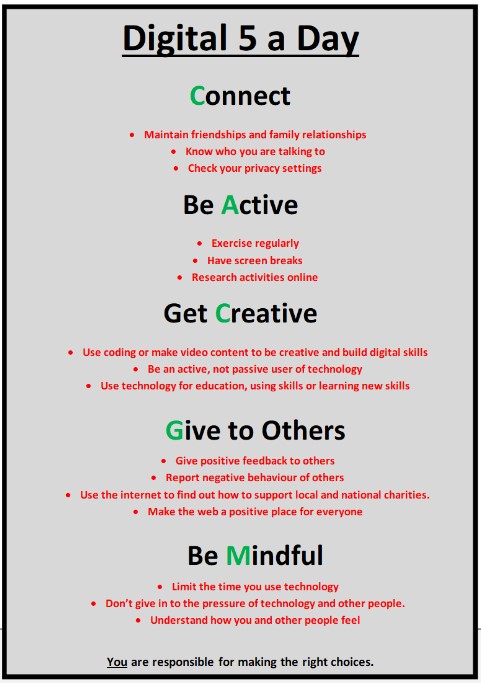
As part of Bantock’s approach, the importance of digital safeguarding is a message shared throughout the school community, including information shared through the website and social media, as well as the assembly of an Online Safety Group comprising of governors, staff, pupils and parents with plans to involve the wider community. Selected pupils in Year 5 and 6 are also trained as Digital Ambassadors to further promote the message of keeping safe online.
This overview covers some of the approaches and the Digital Safeguarding Policy outlines Bantock’s full approach to keeping safe online.
The Acceptable Use Policy in the downloads above supports you in what you must do to help keep your child safe online.
Reporting Digital Safeguarding Concerns
If you are concerned about something that your child has seen online, there are many ways to report this and it is important that you do. It is also important to tell children about how they can tell you or other trusted people and not make them feel like they will get in trouble. It is also advised to talk to school about these concerns.
CEOP helps any child or young person under the age of 18 who is being pressured, forced or tricked into taking part in sexual activity of any kind. This can be something that has taken place either online or in ‘the real world’, or both. The CEOP Safety Centre has clear information and advice on what can be reported to CEOP, the reporting process and what will happen if you do decide to make a report. You can visit the CEOP Safety Centre and make a report directly to CEOP by clicking the Click CEOP button. [OFFICIAL] 6 Version 3 – March 2017 If you are experiencing online bullying or something else online has worried you please speak to an adult you trust, or you can talk to Childline at any time on 0800 1111 or at www.childline.org.uk.
Report Harmful Content will offer support and guidance in removing the 8 types harmful content (not illegal content which would still need CEOP/police involvement) – it is designed for use by young people and parents/carers (the expectation being that for children under 13, a parent/carer would support their children in reporting). This Little Guide will support in the identifying the types of harmful content.
A Reminder
Whilst pupils are not in school, Safer Internet recommend these important pieces of advice to help with keeping your child safe:
- Sit and have positive conversations regularly to find out what they are doing.
- Become an expert by learning more about the apps and games that they use.
- Take time to do privacy checks on devices and their apps.
- Have conversations about sharing photos to make sure they do not give away too much information.
- Make a family agreement so that children make promises about how they will use their technology.
2025 Year 5 Digital Ambassadors created this helpful video with top tips for parents to keep their families safe online.
You can find more information about doing these here.
- Talk to your children – do they know what signs to look for https://www.nspcc.org.uk/keeping-children-safe/online-safety/talking-child-online-safety/
- Ask questions
- Check devices – set age restrictions on apps https://www.nspcc.org.uk/keeping-children-safe/online-safety/parental-controls/
- Discuss behaviour
- Encourage children to speak up – our website guides pupils where they can report concerns https://www.bantockprimaryschool.co.uk/esafety-useful-links.html
- Be informed – do you research and check age ratings for apps, games and what they stream https://parentzone.org.uk/article/-age-ratings-explained
- Discuss healthy and appropriate behaviour
|
Rights Respecting School Convention on the Rights of the Child |
2 – No discrimination 3 – Best interests of the child 6 – Life, survival and development 9 – Keeping families together 12 – Respect for children’s views 19 – Protection from violence 23 – Children with disabilities 25 – Review of a child’s placement 27 – Food, clothing, a safe home 36 – Protection from exploitation
|

